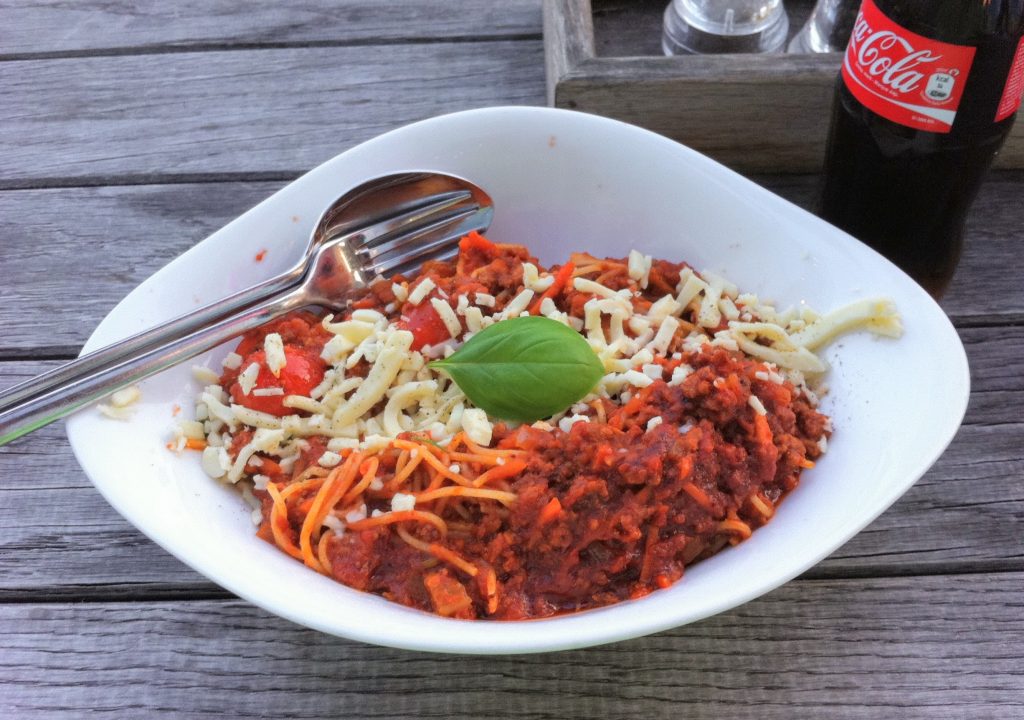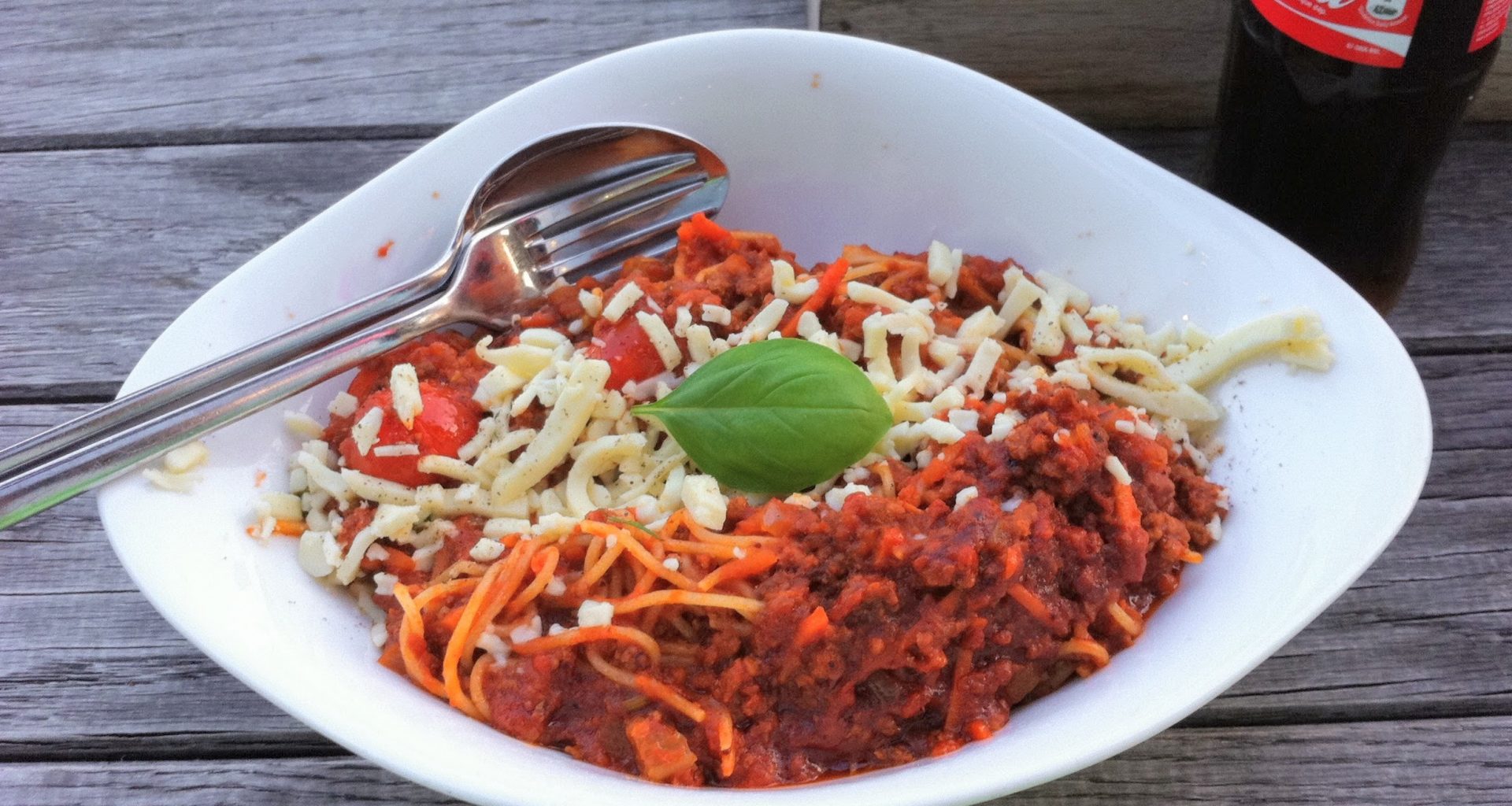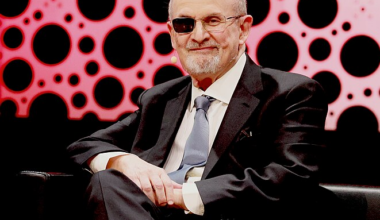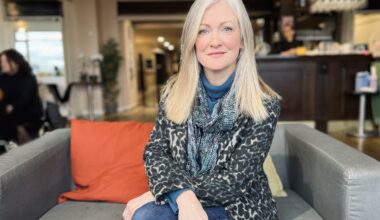You’d Better Believe It, part II: your correspondent for Diversity, Respect and Social Cohesion continues their deep-dive into some of the most divisive inclusive issues facing cultural communities and self-identifying groups today.

After years of trauma, a Cannibal has finally broken his silence about the discrimination that he and other members of his community continue to face from wider society. ‘Those who say Cannibalism is barbaric or disgusting should realise that some of us find this deeply offensive,’ says Don Scrumptious, President of the Cannibal Association of Britain (CAB), which advertised on social media for the first time last month. ‘They may think they are just criticising an idea, but words can hurt too.’
The origins of the practice are obscure. Herodotus records the existence of ‘human-eaters’ in the fifth century BC. The ‘Cannibals that each other eat’ are also mentioned by Shakespeare, although the blatantly colonial implications of his narrative obviously undermine its reliability.
Today Cannibalism still thrives in many parts of the world. The total number of adherents is estimated at 50,000, although it is difficult to state this with any certainty, because the practice, known scientifically as Anthropophagy, is illegal in most countries. This has prompted some Anthropophages to fear for their safety.
‘Every morning I wonder if the police are going to come knocking,’ says Lulu Yummy, Vice Chair of the Shetland Cannibals’ Collective. ‘I’ve definitely been given some strange looks. People have crossed the street to avoid me – and it can’t have been due to Covid, as I wear two masks and am quadruple-vaccinated. What sort of an existence is that?’
For Yummy and her fellows, however, things may be looking up: their movement is starting to gain traction among ordinary people and the famous alike. Celebrity converts to Cannibalism include W––, a children’s author, X––, a Hollywood actor, and Y––, the CEO of Z–– Inc, an international pet food conglomerate [we don’t have the budget for this – Ed.].
‘It’s about communication,’ says Scrumptious. ‘In the past our message may have been associated with a lack of sophistication. Today, however, people are starting to realise that the human body is not only a temple of the spirit but can also be – or could if it were legal – the source of the highest gustatory pleasures.’
Yummy agrees: ‘Anyone can become a Cannibal. We’ve received a bad press, but we’re actually very tolerant. It’s a question of shared values, beliefs, and eating habits. Our methods of ritual slaughter are both hygienic and humane.’
Daisy Munch, MP for St Kilda, self-identifies as a Cannibal, though there is no evidence she has ever eaten anyone [it’s illegal – Ed.]. She is now calling for greater safeguards under the law, including legalisation, a ban on hate speech against Cannibals, making Anthropophagy a ‘protected characteristic’ under the Equality Act, and charitable status for the CAB.
Speaking on behalf of the worldwide Cannibal community, Munch said, ‘Anthropophagy is a serious, cogent and important belief that is worthy of respect in a democracy, just like Scientology or Druidism. In our multicultural society, it’s a disgrace that the consensual eating of one human being by another should still be a crime.’
But some Cannibals have accused her of not taking minority views into account. ‘I stopped eating people as an adult upon reaching the age of criminal responsibility [!! – Ed.],’ says Ron Tidbit, ‘after a close friend of mine was pressured into becoming breakfast. I may still be a cultural Cannibal, but I’ve been shunned by my family because I won’t take meals with them any more. Munch doesn’t speak for me.’
Others have raised ethical objections. ‘The question of whether Anthropophagic practices are morally permissible even with the agreement of all parties is one with which the community needs to engage further,’ says John Eaterson, Professor of Niche Studies at the University of Rockall. ‘Some would argue that it’s simply bad taste.’
According to Tidbit, non-practising Cannibals routinely suffer abuse at the hands of their believing fellows. ‘They call us apost-Ates,’ he said. ‘And worse. Some of us have even been – non-consensually – eaten.’
But Munch said these allegations were Anthropophagophobic. ‘There is absolutely no evidence that anyone has been eaten without their full and free consent,’ she said, ‘certainly not in modern times. To say otherwise is no better than racism.’
‘We’re kind, friendly and considerate,’ Scrumptious insists. ‘All we want to do is practise our Anthropophagy in peace, or better still, in bite-sized chunks. But don’t just take my word for it. Come round for dinner.’








1 comment
Superbly ludicrous and all the more cogent for that.
Your email address will not be published. Comments are subject to our Community Guidelines. Required fields are marked *
Donate